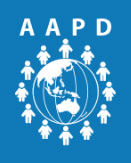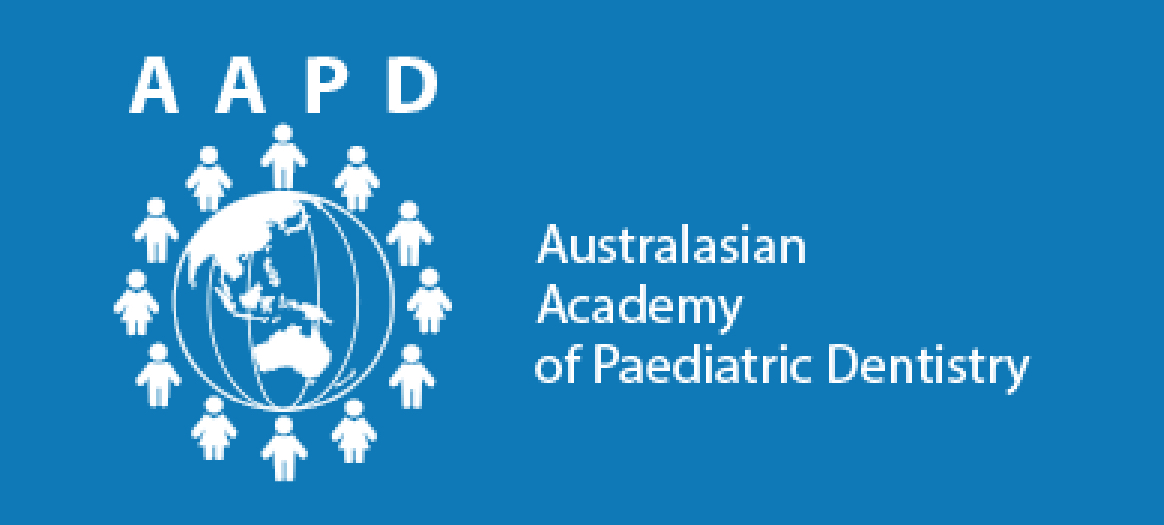GA Access and Equity
Rates of childhood dental decay remain disturbingly high and a significant proportion of young children and those with medical compromise or special needs will require dental rehabilitation under GA. A significant number of these patients will require specialist care, provided by members of the AAPD, both within the Public and Private sectors.
Clearly, support of effective preventive strategies aimed at minimising the burden of dental disease should be at the forefront of any effective dental care or policy. These include promoting water fluoridation and multi-modal fluoride therapies, oral care education, dietary counselling, consideration of a sugar tax and other possible Government support interventions, as well as influencing inappropriate advertising – these remain significant issues and important avenues for guidance.
Despite many preventive efforts, The Australian Institute of Health and Welfare (2017) has stated that dental disease is the leading cause of hospital admissions for children under 15 years in Australia.
The ever increasing strains within the public sector are already clearly documented and the extensive waiting lists, restricted treatment provisions and chronic staff shortages are well known. Patient health, safety and Quality of Life parameters are severely compromised by these limitations to comprehensive treatment.
AAPD has been at the forefront of advocacy on the issue of GA access and equity for many years, from direct participation within the ADA Affiliates and Specialist groups – as well as from individual Academy members providing personal representation, countless submissions and legislative input.
Despite Senate Enquiry recommendations and vigorous lobbying by many stake-holders, considerable barriers remain in providing specialist dental treatment within Hospital settings; namely inequalities in PHI funding, negotiating equitable hospital contracts for services, ensuring fair rebates for treatment, prioritising and securing dental operating lists.
Unlike medical procedures carried out under GA for children, dental treatment does not qualify for universal Medicare coverage – hence reaffirming the financial inequities which exist for patients, families and clinicians.
The inability for patients and families to access funding from the Medicare CDBS for treatment under GA remains a significant and unreasonable barrier for access. AAPD is strongly advocating for changes to be made to the CDBS in order to allow the most vulnerable and at risk child patient base within our community to access GA treatment within this service.
In the Universal Declaration of Human Rights, the United Nations has proclaimed that childhood is entitled to special care and assistance.
Australia’s Department of Health and Aging also sets out a specific agenda in ensuring that all Australian children and their families benefit from equitable, quality and universal child and family health services.
This national framework is based on delivering a number of benefits:
- promoting the availability and the role of universal child and family health services to parents, the community as well as health, education and welfare professionals
- promoting consistency of service across jurisdictions
- providing a contemporary evidence base for service improvement
- progressing towards national performance monitoring and the compilation of national population health data for the purposes of comparison across jurisdictions and subpopulations
There are numerous studies demonstrating that active and un-treated dental disease and its associated co-morbidities have significant and deleterious impacts on all Quality of Life parameters, as well as adding to the already significant biological and financial burden experienced by children and their families.
AAPD feels that denying children and their families safe, equitable and timely access to GA services for management of dental disease stands against these fundamental human rights and Government obligations.
The provision of safe, effective and evidence based treatment should be the goal of any clinical endeavour. To this end, AAPD is strongly of the opinion that dental and surgical treatment carried out for children under general anaesthesia:
- should be undertaken within approved day stay and accredited hospital facilities
- should be carried out by clinicians with appropriate training with recognised graduate degrees confirming scope of practice
AAPD is committed to this issue of advocacy in ensuring timely, equitable, affordable and safe access to dental treatment under general anaesthesia (DGA) particularly for children who can only be treated under this modality.


